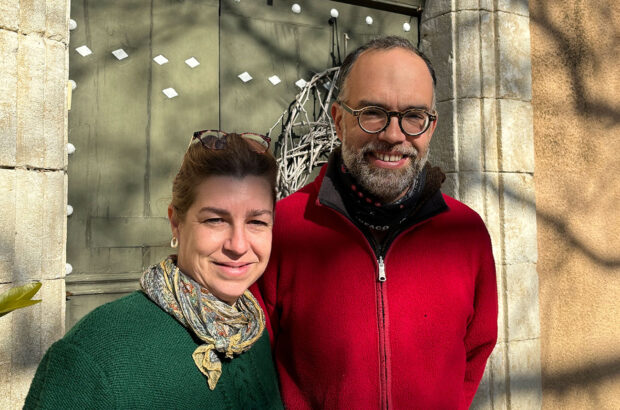British con artist, Casey Alexander, faces up to 20 years behind bars after he admitted guilt in a $13m fake wine and whisky scam.
Investigators accused the 26-year-old Londoner of using ‘aggressive and deceptive tactics’ to dupe unsuspecting pensioners via a series of investment companies.
Alexander has now pleaded guilty to conspiracy to commit wire fraud at a US District Court in Northern Ohio.
Judge Solomon Oliver Jr. accepted the guilty plea, and court records show that Alexander will be sentenced on 11 July.
He faces up to 20 years in jail and a fine of up to $250,000 when he is sentenced, although his voluntary guilty plea will be taken into account.
Alexander set up three companies – Windsor Jones, Charles Winn and Vintage Whisky Casks – which obtained the phone numbers of elderly Americans and cold-called them.
Windsor Jones’ website promised ‘the acquisition and sale’ of the world’s ‘most illustrious and pleasurable Bordeaux investment grade fine wine’.
It listed Bordeaux First Growths and included an embedded video featuring DWWA co-chair Ronan Sayburn MS discussing the best vintages. Sayburn revealed that the site used the video without his permission, and he was unaware of it.
One victim, an 89-year-old from Ohio, wired more than $300,000 to invest in rare sweet wines and to pay for a purported storage locker in France.
Another victim sent Alexander $85,000 after being promised a potential return of up to 40% by selling the wines on in China.
Meanwhile, Alexander appeared in a promotional video on the Vintage Whisky website, in which he gave viewers a tour of Diageo’s Glenkinchie Distillery.
He promised high returns from the ‘glamorous and lucrative’ Scotch whisky market, offering access to rare single malts with huge potential.
Dozens of elderly investors sent him money, but the returns were not forthcoming. When victims tried to retrieve their funds, they were ignored or given a string of excuses.
The 89-year-old Ohioan reported the matter to local police, who alerted the FBI. Investigators began to connect his case to several similar frauds across the United States, so they set up a sting.
The FBI tapped a man who had been charged in an unrelated fraud case and convinced him to pretend to be a potential investor in exchange for a lesser sentence.
They trapped one of Alexander’s employees, who said he accepted the job without conducting much research into the company.
The employee revealed that Alexander would soon be visiting Ohio, and the FBI arrested him on 14 June last year.
He has now admitted to orchestrating the scam, and the judge gave him permission to travel back to the UK before returning for his sentencing in July.






